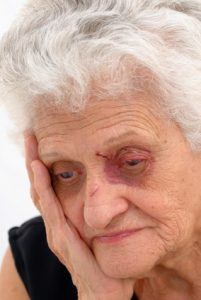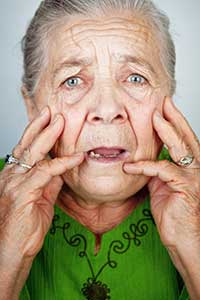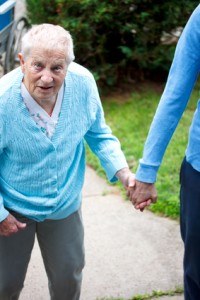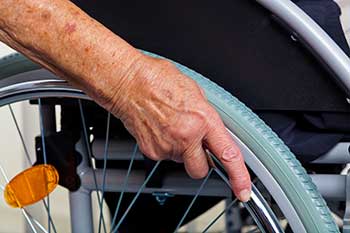 Yesterday I was contacted by the daughter of a nursing home patient who died after suffering a fall in the bathroom of a well-known– and highly rated– nursing home in Chicago.
Yesterday I was contacted by the daughter of a nursing home patient who died after suffering a fall in the bathroom of a well-known– and highly rated– nursing home in Chicago.
After several minutes of discussion about her her father’s physical condition and her recollection of safeguards that were to be implemented by the facility to prevent falls, she then began to question if the facility really did anything wrong– in light of its fine reputation.
Sure, having a good reputation is an important thing for any business— nursing homes included– but as a patient or family member, it is important to remember that a facilities fine reputation in the past does not mean that the facility gets to automatically maintain that reputation in the future. Further, even the most highly regarded facilities are staffed by ordinary humans— who do make mistakes when it comes to patient care.
As a lawyer who sees incidents stemming from negligent care— at both –highly rated— as well as facilities that may not have such great track records, I always suggest to families that each incident should be reviewed independently of the nursing home or hospitals rating or reputation in the community as it really has little bearing on the incident at issue.
When medical mistakes are made at more esteemed facilities– nursing home and hospitals, I do see more of these facilities recognize the error for what it is and make and effort to evaluate meritorious claims with an eye towards resolution.
The bottom line is that while a nursing home’s reputation may be excellent, it should not be a deterrent when it comes to pursuing claims involving poor care– isolated incident or not.
Below is a list of Chicago-land nursing homes that deserve recognition for receiving a 5-star overall rating from Medicare.
Continue reading ›
 In 2010, almost 6 million reports of elder abuse were reported, which as high as the number may sound may just be the tip of the iceberg.
In 2010, almost 6 million reports of elder abuse were reported, which as high as the number may sound may just be the tip of the iceberg. Nursing Home Law News
Nursing Home Law News










